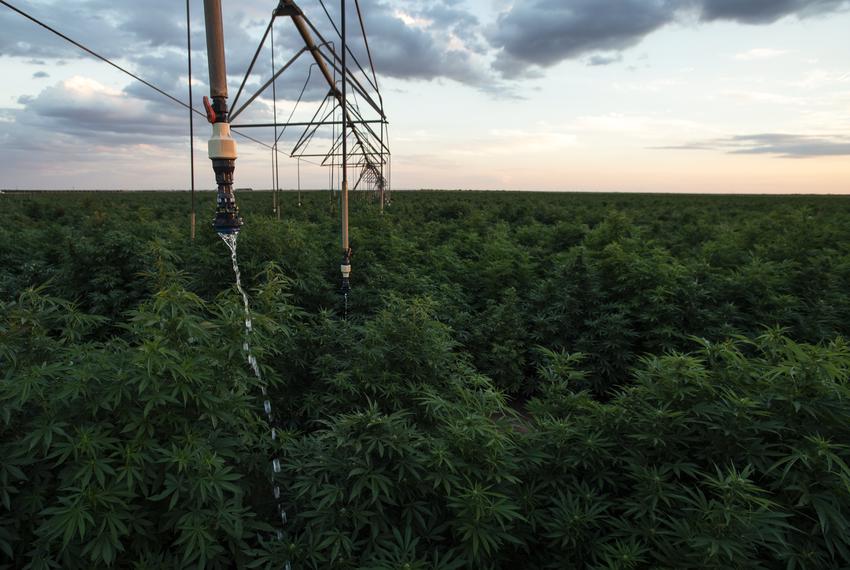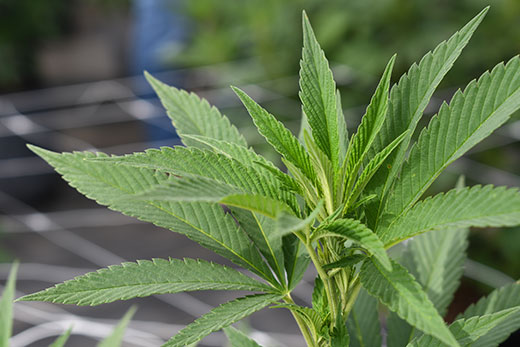4 Things You May Not Know About the Texas Hemp Industry
Texas is known for a lot of things. BBQ, rodeos, football…and hemp? As the hemp industry evolves, the Lone Star state is showing the world just why they say everything is bigger in Texas.
It is estimated that by the end of 2022, over 2,000 acres of hemp will have been grown in Texas alone. This includes hemp grown not only for processing but for fiber as well. And while many individuals may only see the end products produced from that hemp, a lot is going on behind the scenes.
The Texas Hemp Industry is a topic one could talk about all day. However, here are 4 interesting things you may not know about the Texas Hemp Industry.
Only specific hemp strains can be grown in Texas.
To help protect farmers and the environment, Texas only allows approved hemp strains to be grown. These strains have to be approved by the Department of Agriculture before being posted to the official list located on their website. At the time of this writing, the list contains more than 400 different strains of hemp for farmers to choose from.
Strains that can be grown in Texas include Berry Blossom, CBDawg, Purple Cowboy, and Blue Haze. If there is a hemp strain that a farmer wishes to grow that is not on the list of approved strains, it is advised to reach out to the appropriate branch of the Department of Agriculture for further information or to learn how to get the desired strain approved.

You have to pass a background check to get a hemp license.
Similar to applying for a job, those who wish to get a license to grow hemp must first pass a background check. However, this rule is not as black and white as it sounds.
Key participants in a business must be able to pass a background check in order to get their approval for a license. A key participant could be the proprietor, a partner in the business, or anyone with executive managerial control in the business. However, if an employee does not fall under one of those categories, they are exempt from this rule.
Hemp that tests above the legal limit can be retested.
It is a well-known fact that any hemp that tests above the federally allowed 0.3% THC threshold must be destroyed in a manner approved by the USDA. However, what many may not know is that it can be retested first to make sure there were no mistakes. Testing can vary from plant to plant, and even from one section of a particular plant to another.
According to the Texas Department of Agriculture, “If the second test is above the 0.3% level, plus any laboratory measure of uncertainty, you will be responsible for destroying the crop according to approved guidelines and paying for such destruction.”
Even Privately Grown Hemp Needs to Have a License
Thinking about growing a few hemp plants for your own private use? You can definitely do so in Texas…with a catch. Hemp can be grown for personal use, but is still subject to the same rules as businesses. This means you will need to acquire a license and lot permit, then pay all necessary fees before growing.
Hemp is one of the fastest expanding industries of our time. In order to keep bad actors out of the industry, having reasonable and responsible regulations is a must. The Texas Department of Agriculture oversees more than 2000 acres of hemp grown in their state alone. And while jumping into the industry may seem daunting, it is an exciting opportunity for many. Understanding how the industry works behind the scenes not only will help make your business a success, but also help consumers identify the high quality products they are searching for.





